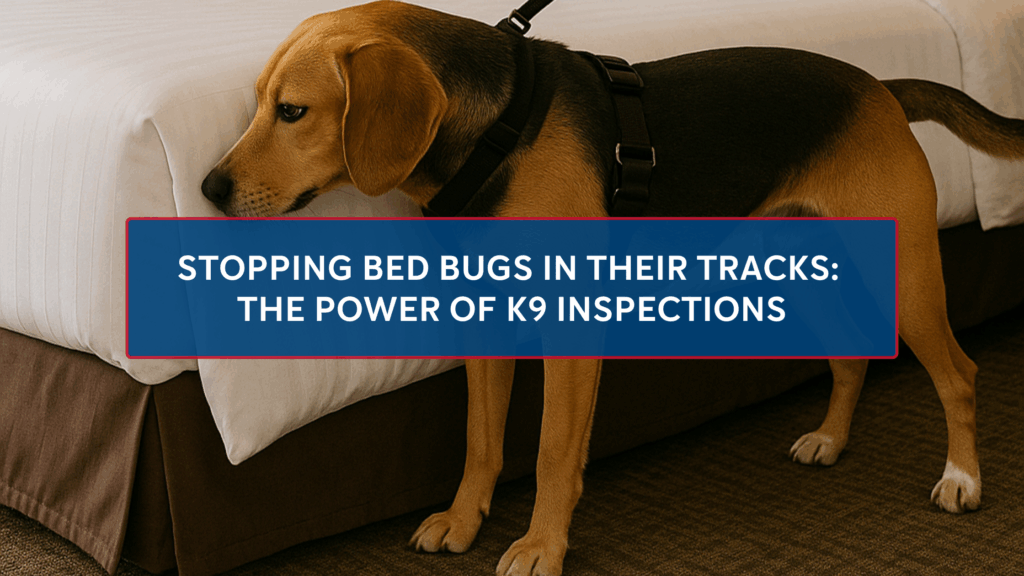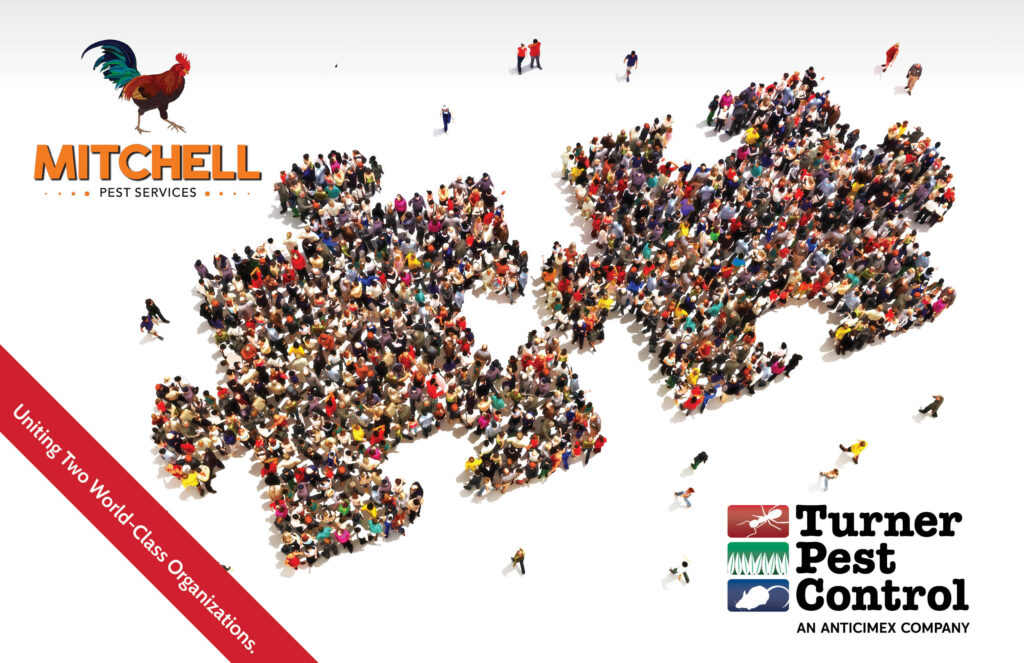Termite Swarm Season is February – April
If swarming termites emerge from areas in and around your home, do not panic. The swarming termites will drop and die in a short period of time. You may vacuum them up or you can save some in a bag for our company to inspect. They do not eat wood, bite, or sting, they are simply a nuisance. Fortunately swarmers are not capable of constructing mud tubes or causing structural damage to wood.
Should you find termites swarming indoors after the termiticide barrier is applied, do not feel that the treatment was unsuccessful. Swarmers may be leaving the colony due to adverse conditions, such as lack of water and termite mortality, resulting from an effective termiticide treatment.
You may notice winged termites, called swarmers, after your home has received a thorough termiticide application. This can be a normal occurrence due to the biology of these insects. They can continue to swarm in the same location for three to four weeks after a chemical application has been applied. This is normal.
Swarmers may use an existing mud tube, which workers abandoned after proper treatment, to leave the colony. Reproductives may also move through treated soil. Since reproductives move through soil very quickly, they absorb less of the termiticide than do workers which move slowly. Due to this fast movement, reproductives absorb less of the termiticide and are thus able to exit treated soil to swarm. Reproductives will die soon after they leave the 501l either naturally or by the termiticide which they contacted as they moved through the soil.
Alternatively, a structural problem may exist which permits termites to avoid contacting the termiticide treated soil. For example, subterranean termite colonies can survive above ground with no soil contact if a sufficient watersource is available within the structure. Leaking roofs, bathtubs, showers, dishwashers, and plumbing can be sources of water for termites.
If you have any further questions, or need any additional information, please feel free to call our office (904)355-5300 or contact us to schedule a free inspection.



